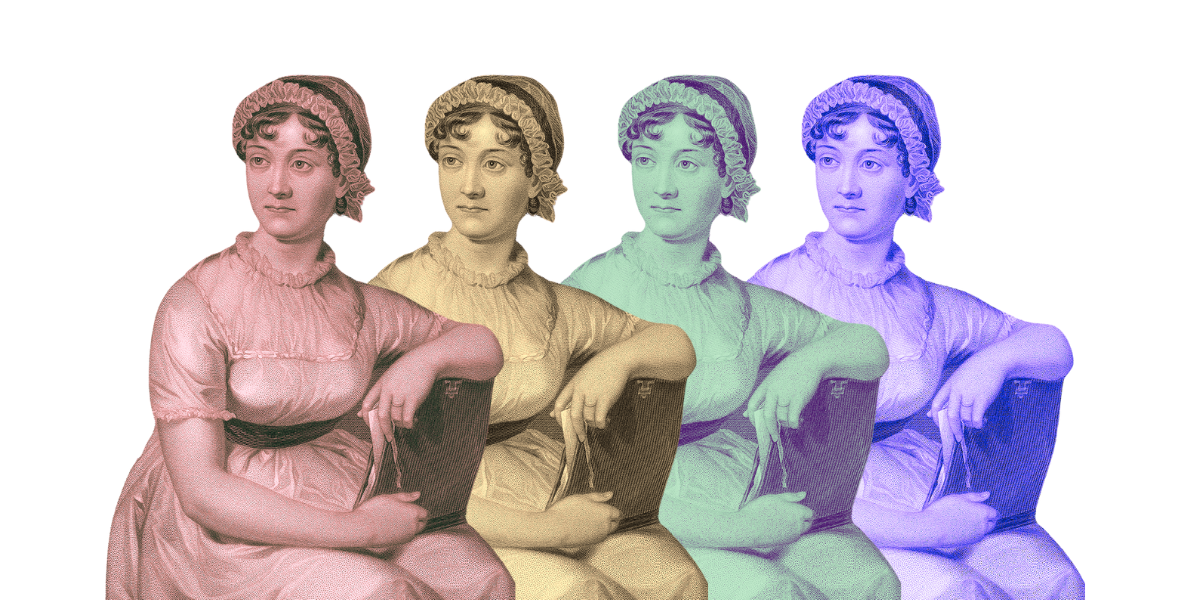"I like to write in different places," children's author Juma Kliebenstein says. "Basically anywhere except at home. In cafes, hotel bars, or in nature."
Who can relate? 🙋

Juma is a German children's book author who has published a whopping 17 books since 2009. Her new book series, "Die schlimmste Klasse der Welt" has hit the German nationwide bestseller list three times.
Juma says she was a mobile kid, always out and about in the neighborhood on her tricycle. But when she was four, she was suddenly hospitalized and confined to one room, which was a nightmare for an explorer kid like her.
She learned to read and write in the hospital and soon realized that if you have stories, it doesn't matter if you're trapped in one place. You can travel within your head.
Nowadays, she gets to do both.
And she chooses to use her stories to invite children to travel to worlds that don't require a lot of money or a healthy body. Someplace they can visit without anybody else's permission.
Juma writes all her books on her Freewrite Smart Typewriter in Lemon or her Speckled White Alpha. She loves that she can take them everywhere with her.
(She picked the bright, sunny Lemon special edition because it matches the cover design of her bestselling series.)

"[Freewrite] has changed my writing life for the better. When I wrote before on my laptop, it was always connected with doing the taxes, emailing publishers, and book tour organizing, and all this stuff that authors have to do but has nothing to do with writing. Now, every time I write on my Freewrite, I feel like an author, and nothing but an author. That is so, so wonderful!"
Juma does give one warning — if she's wearing a hat, that means: "Please do not disturb! The author is currently writing a new story for you with great concentration and will bite if interrupted!"
The fourth installment in Juma's bestselling series is due out in February 2025.





























